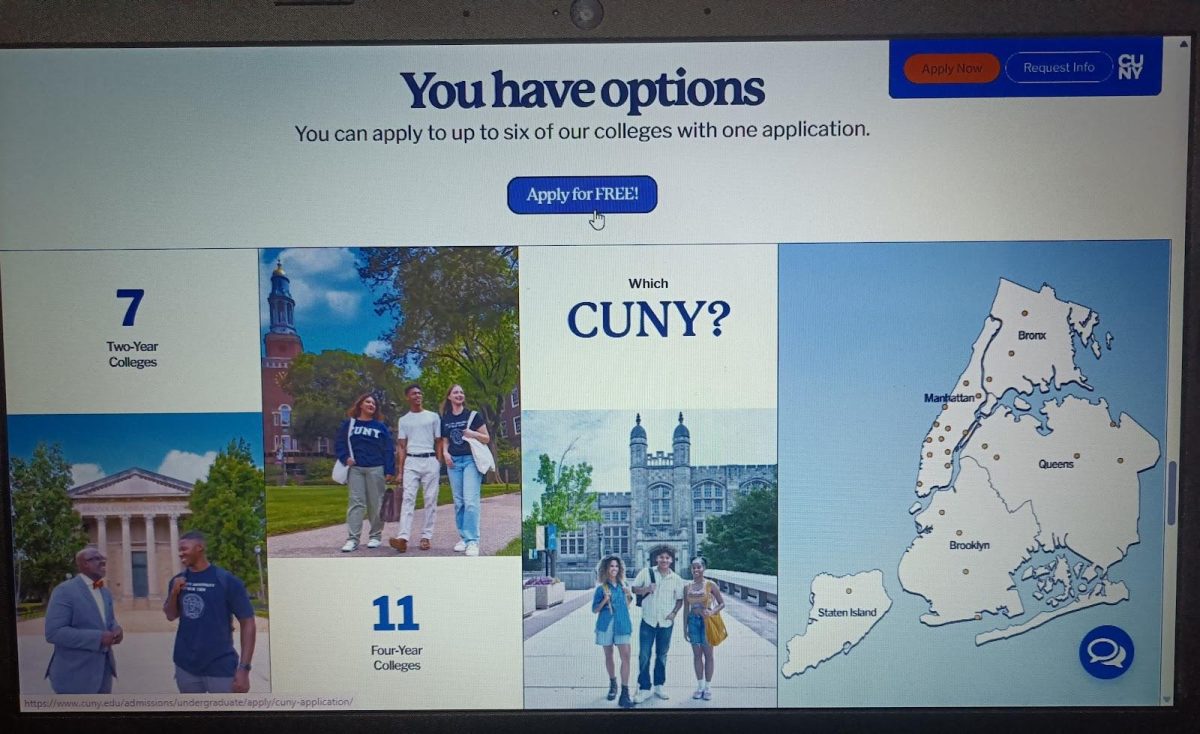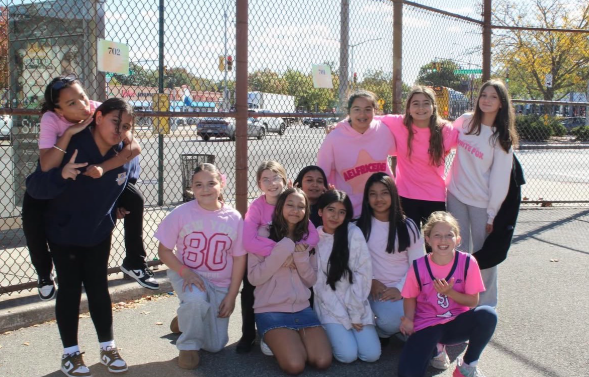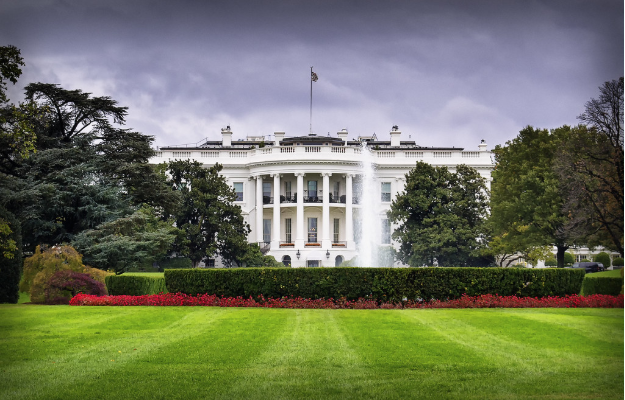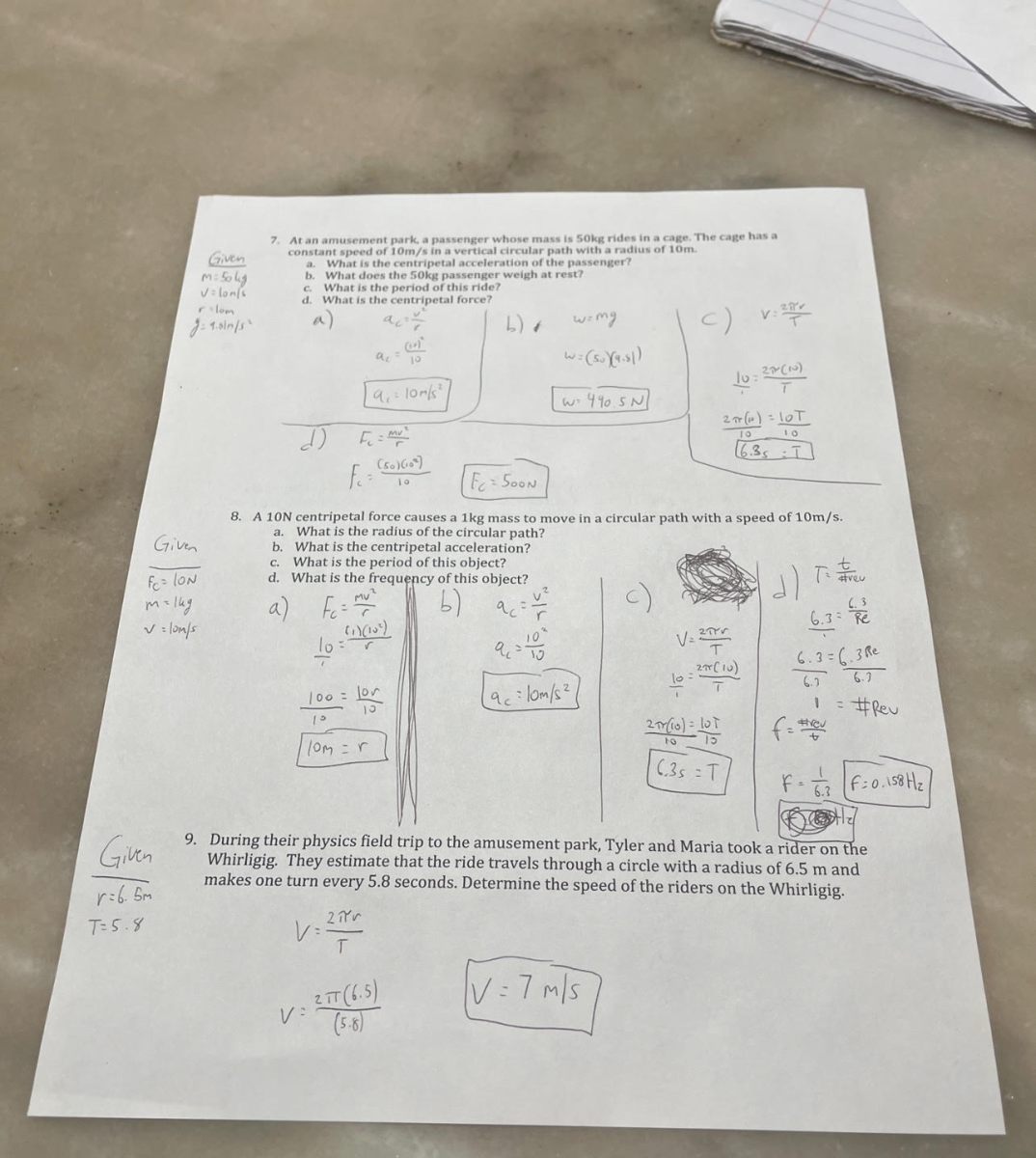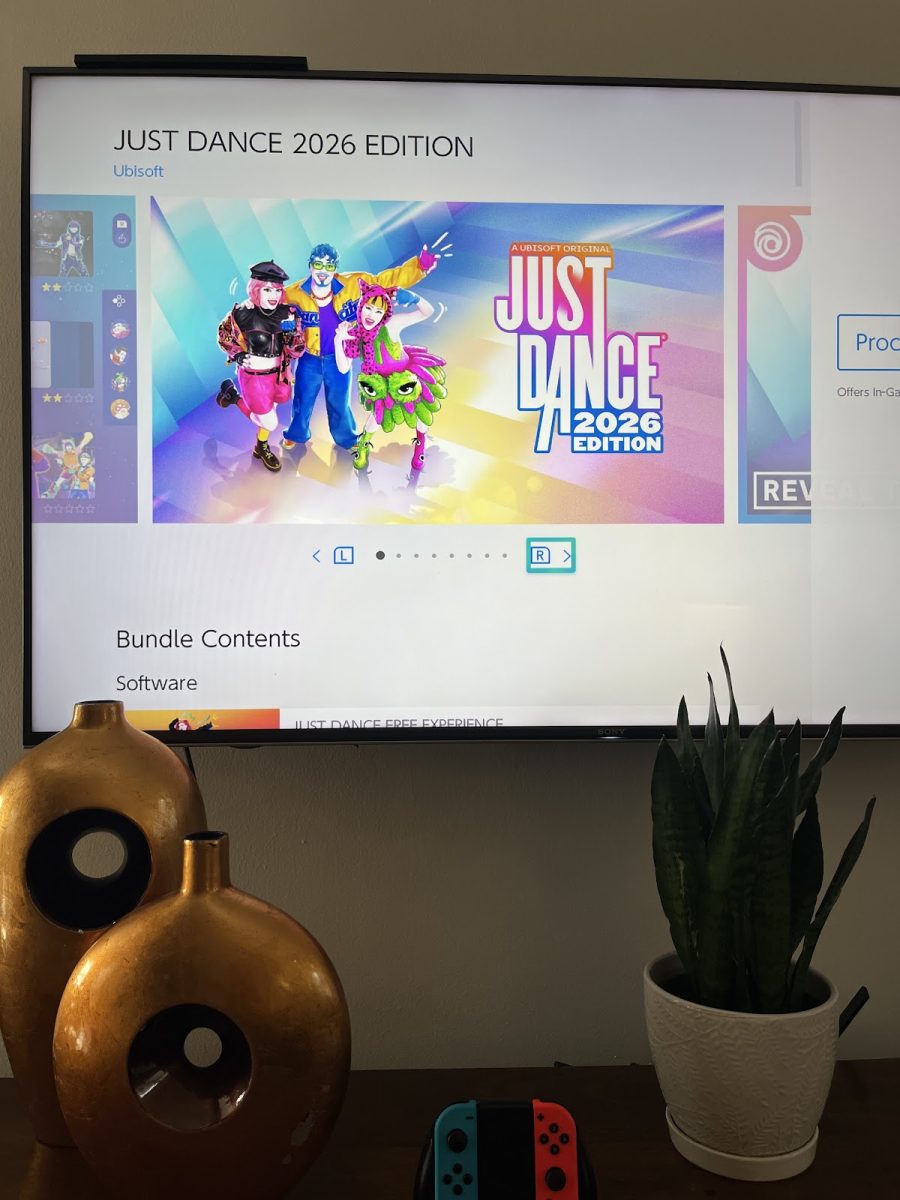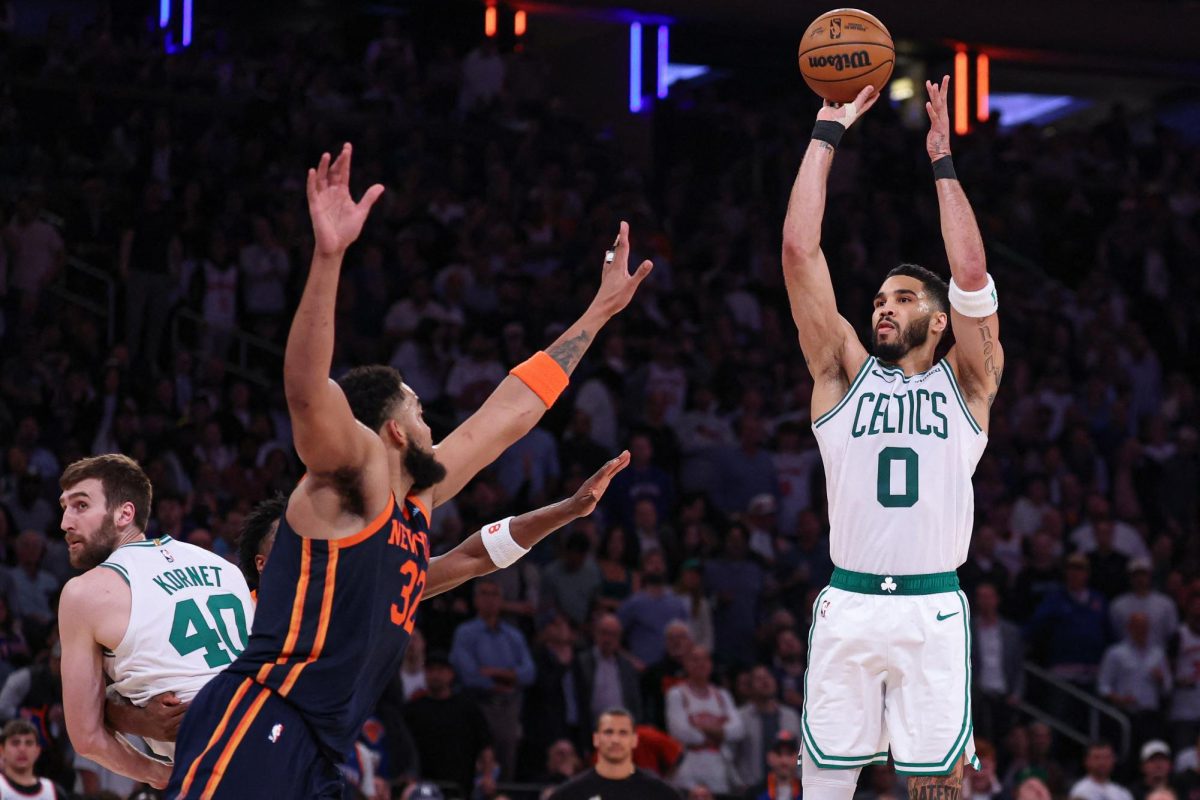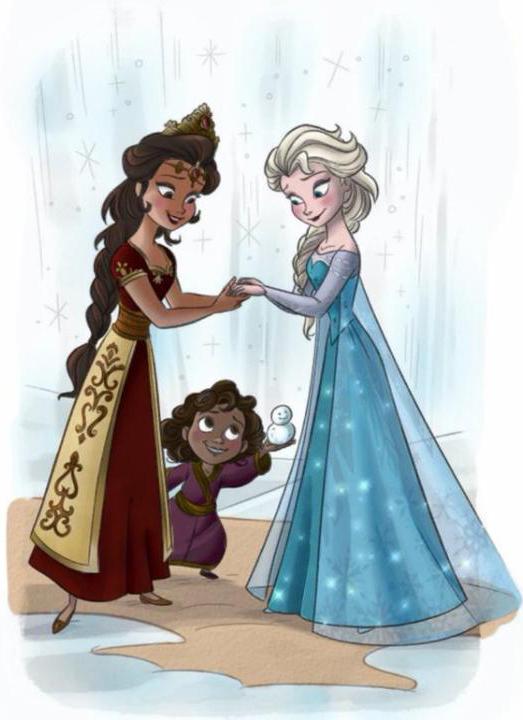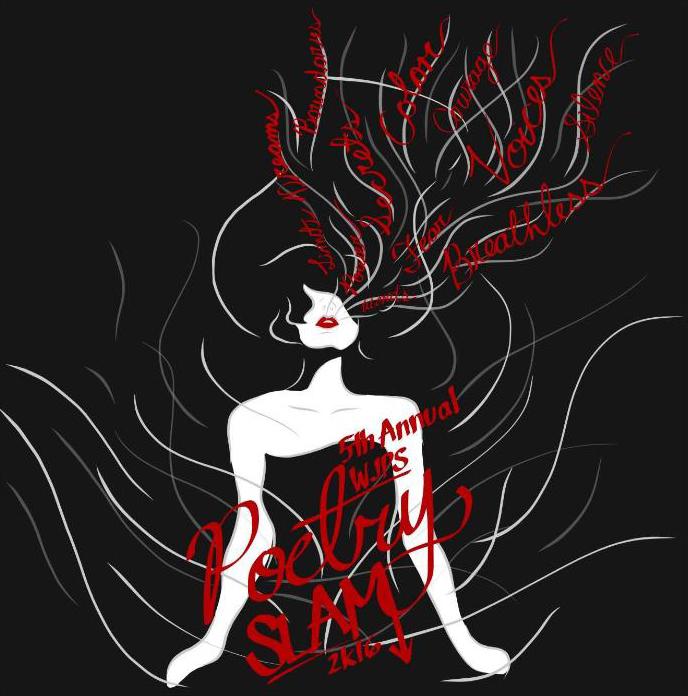by Leanna Tabora, staff reporter

Photo by Leanna Tabora .
The majority of music award shows that celebrate and honor artists in pop culture are determined by “fan-voting.” This shouldn’t be how pop culture is awarded.
“Fanbases”, which are supporters of a person/group of people/team, have become recognized in pop culture for more than it should be. Producers of award shows such as the American Music Awards, Teen Choice Awards, and Video Music Awards have determined winners of awards through the highest number of votes for an artist, song, album, etc.
An artist could be nominated for something they truly don’t deserve, or vice-versa, and will win because their fanbase voted for them more than the opposing fanbase. That is not awarding an artist for their talent, that’s awarding an artist for being popular.
For example, at the 2014 American Music Awards, Iggy Azalea won “Favorite Artist- Rap/Hip-Hop” over Drake and Eminem. In 2014, Azalea was known as a breakout artist after the release of her song, “Fancy,” and received popularity and love from the public eye since then. In comparison to Drake and Eminem’s music, she’s further steps below them in talent. However, over the past year, Azalea’s fame has risen over her competition, which is the reason for her win.
“I don’t [think] this concept is fair because there are artists out there who have talent and are spectacular, but instead, other artists are being recognized for their popularity instead of that,” freshman Sonya Mahadeo said.
Artists should be honored for their true talent without the help of their fans, and votes on an award should not count so much towards an artist’s success. It’s not successful to say that, as an artist, “I won an award because my fans gave me more votes than any other competing nominee.” That’s simply saying that an artist needs a large number of people to win awards for them instead of being worthy enough to win an award from a panel of music experts who know how to award artists for their true talent instead of the amount of fans they have.
In some cases a smaller fan base can ultimately lead to a win in any case, but this can mean the qualities, whether sexual or not, of the song can determine its audience reach. There have been cases of an artist winning a fan-voted award with a smaller fanbase than another nominee, such as Nicki Minaj winning an MTV Best Female Video Music Award for “Starships” over Beyoncé’s “Love On Top.”
Beyoncé’s 66.3 million likes on Facebook and Minaj’s 45.2 million likes proves that Beyoncé’s a lot more favorable than Minaj is. However, Minaj’s Best Female VMA win happened over devoted fans who luckily achieving that award for her. Luck does not factor in to an artist’s talent, especially when it has to do with fans determining how “much better” another artist is. An artist is not talented because they’re lucky, they’re talented because they are gifted with unique musical skills.
People would argue that having a fanbase is what makes an artist successful because of a larger fanbase providing the artist with more favor/attention, sales, concert audiences, etc, and that is why fan-voted awards should be significantly factored into an artist’s success. Yes, an artist achieves so much with millions upon millions of fans, but awarding an artist with something has nothing to do with how many fans they have.
If an artist has an album of the year, they arguably deserve it because of the talent and effort being put into it. What does that have to do with the number of fans they have? Nothing, and that is because talent and popularity are two different aspects.
“Fan voted awards provide fanbases to show our favorite celebrities and idols how supportive we are and how far we can take them [to a greater success],” junior Marcela Abanto said.
For example, the Grammy’s determine their winners based on the qualifications of that artist in the category they’re nominated for, instead of leaving fanbases with no music expertise to have a say in who should win and not win an award. The Grammy’s concept of determining winners are what all music award shows should take a part of.
Talent, effort, and qualification of an artist and their music are taken into concern when winning a Grammy which means that the winner genuinely deserve the award they are being nominated for. At the Grammy’s, “Album of the Year” or “Country Artist of the Year” mean what they are labeled for.
Unlike the American Music Awards or the Teen Choice Awards, artists are correctly honored by a panel of music expertise at the Grammy’s instead of fans who are determined to prove that their idol deserves the award by sitting at their computer all day and clicking a button that counts as a vote.
“It’s right that the Grammy’s decide to determine their votes this way. Just because an artist is more popular among others doesn’t mean they’re as talented as what they’re looked as from the public eye to be,” senior Luci Laut said.
Fan-voted awards also have one huge problem, which is rigging. Yes, there are fan-voted award shows that have been fair to the votes they receive, but there are also a few that haven’t been. The 2014 Teen Choice Awards have been allegedly rigged by the producers of the award show, even though it’s fan-voted.
Twitter user @trippyafi tweeted a part of the award show’s credits, which states, “The results of the voting where tabulated electronically by teenchoiceawards.com and confirmed by a committee of Fox representatives… Ultimate choice was determined solely by the producers.”
It makes no sense to make an award show meaningless when determining winners by fan votes, and then making it to be even absolutely nothing when they rig the votes. This is why fan-voted award shows shouldn’t even be in existence, because they are such a mess.
Instead of rigging fan votes, the Teen Choice Awards and other rigged award shows should take into consideration that an academy of music experts are better off controlling who should and should not be awarded.
Musicians are walking beings of talent, and every once in a while they deserve to be awarded for how they portray their talent through their music. There are ways that they are correctly tributed and celebrated, and there are ways that they aren’t.
Fan-voted award shows are a perfect example of incorrectly honoring musicians and their talent. Many question their existence. A lot of people need to start asking themselves that question. If they don’t, who knows what other disastrous ways musicians will be awarded in the pop culture society.

